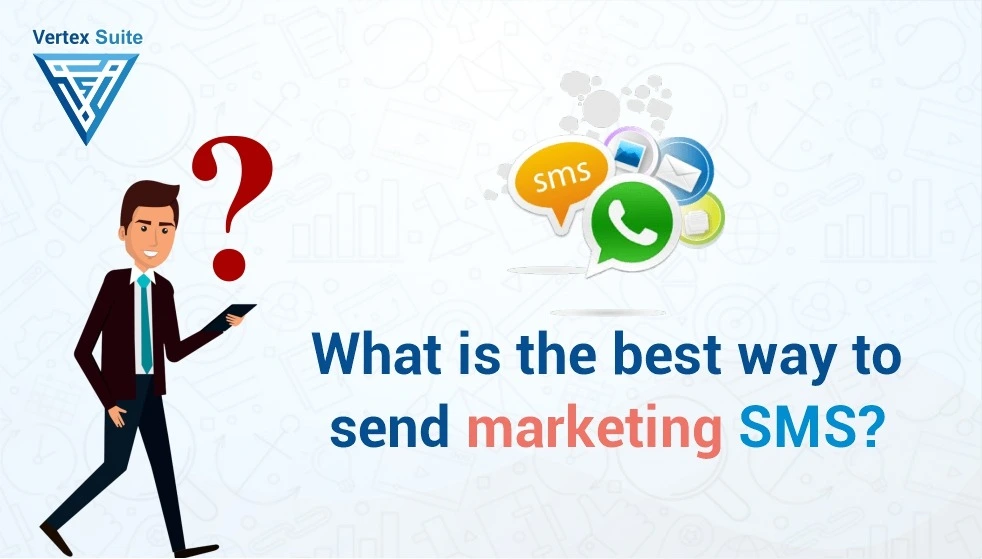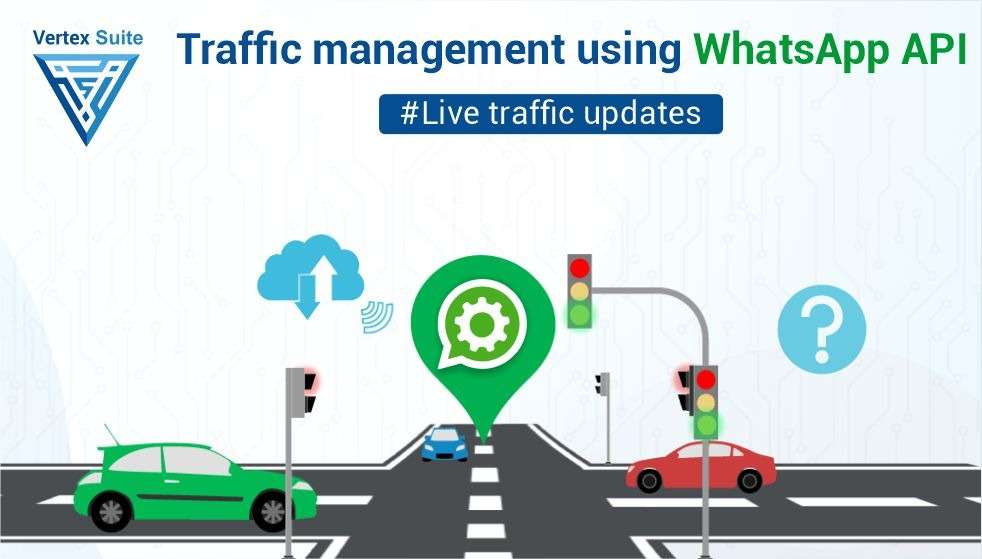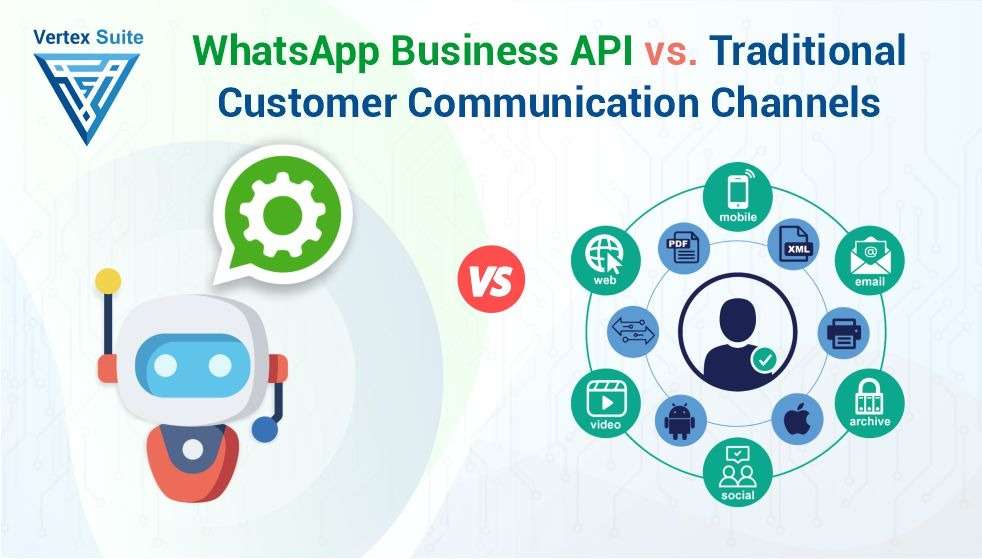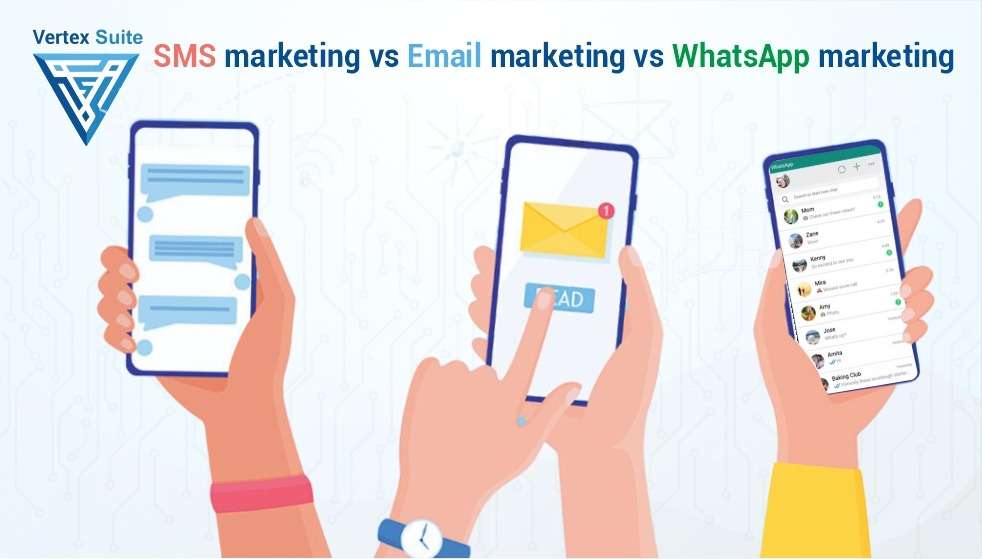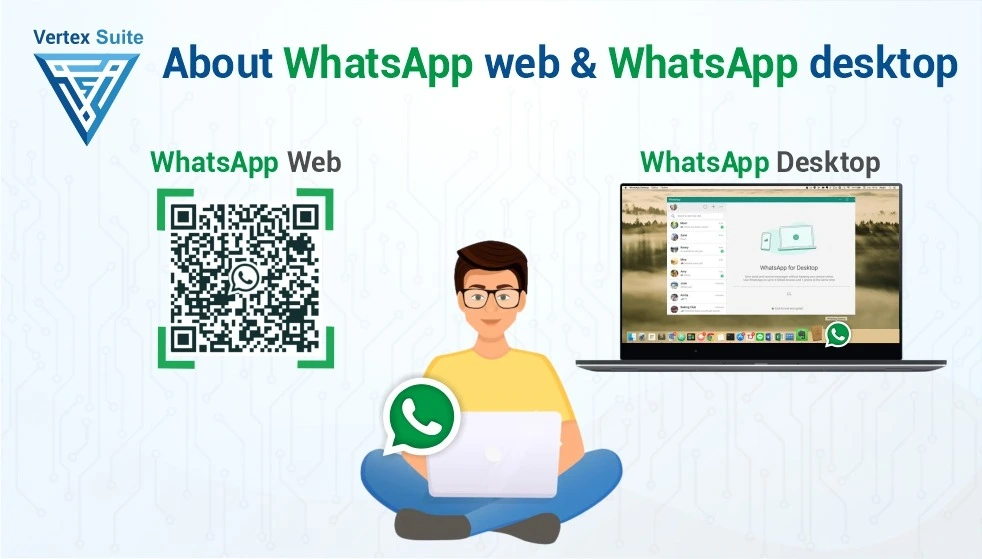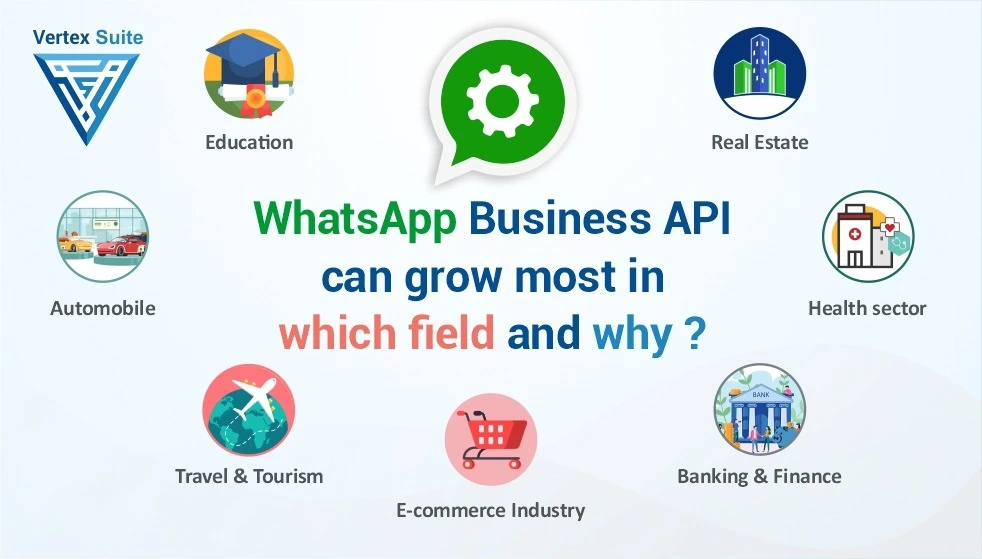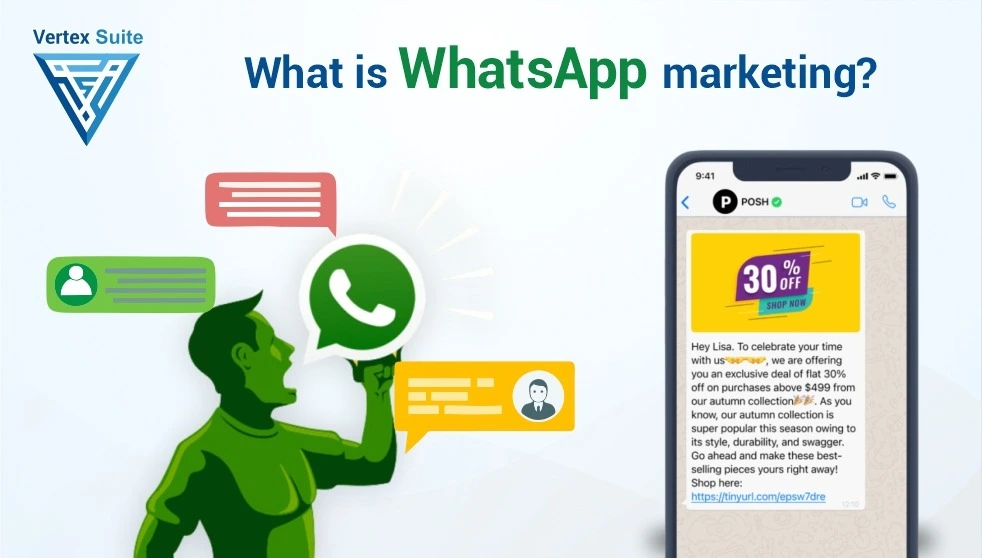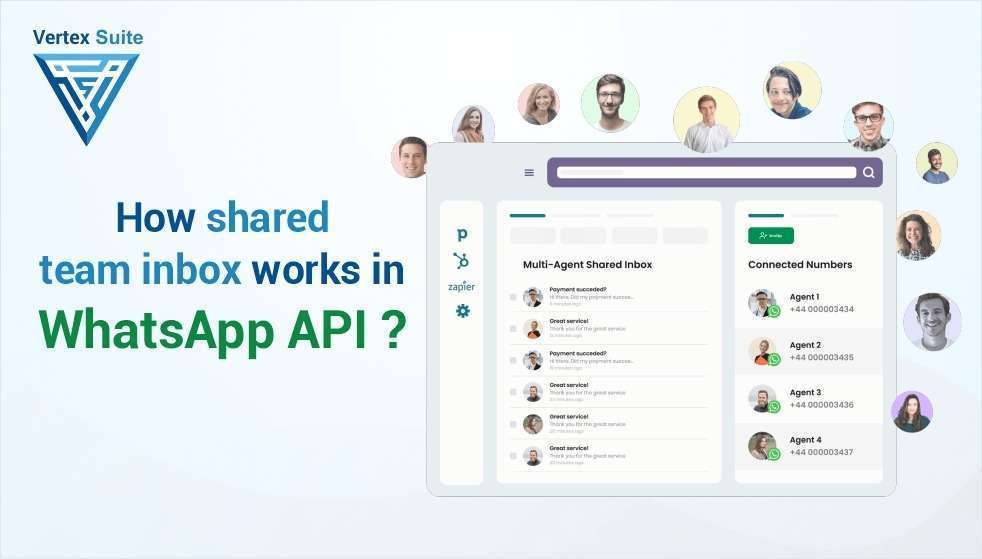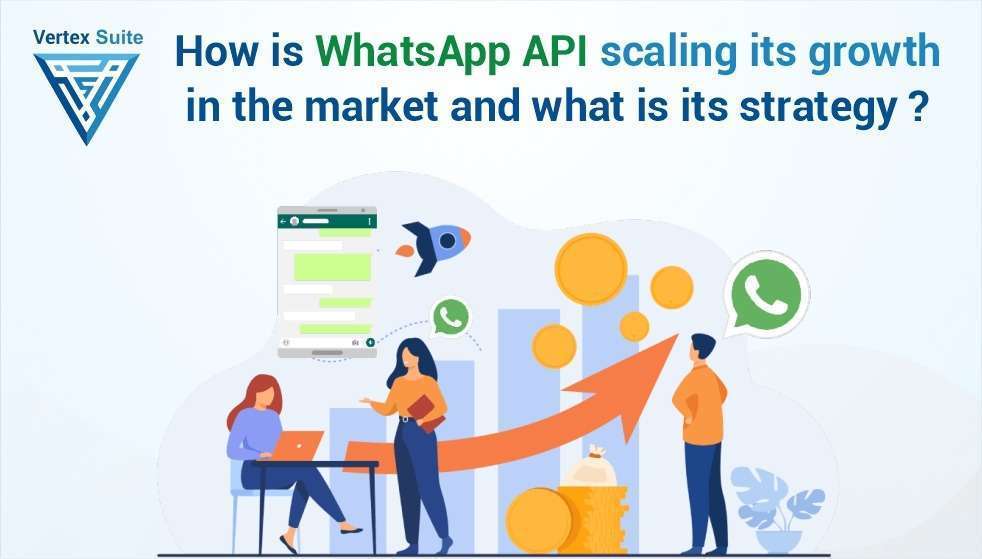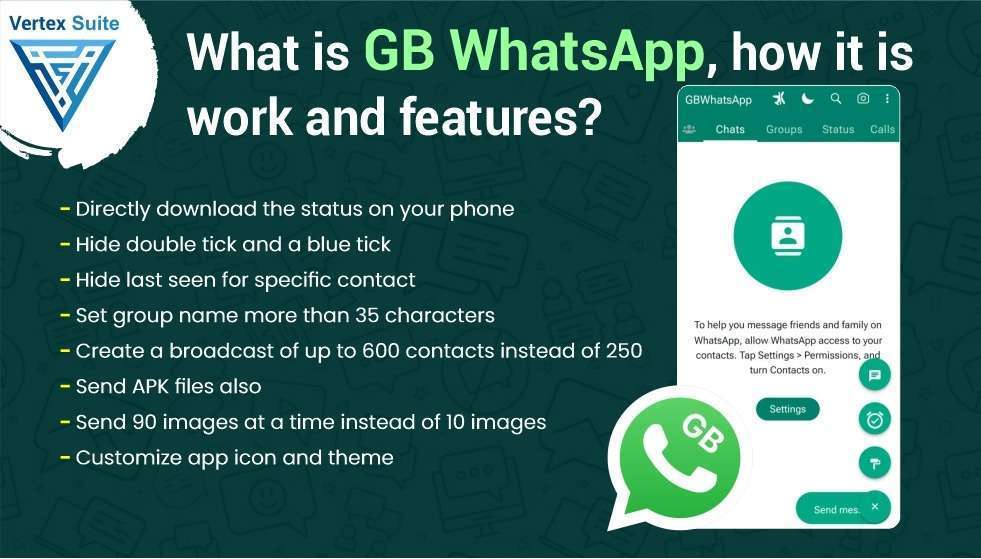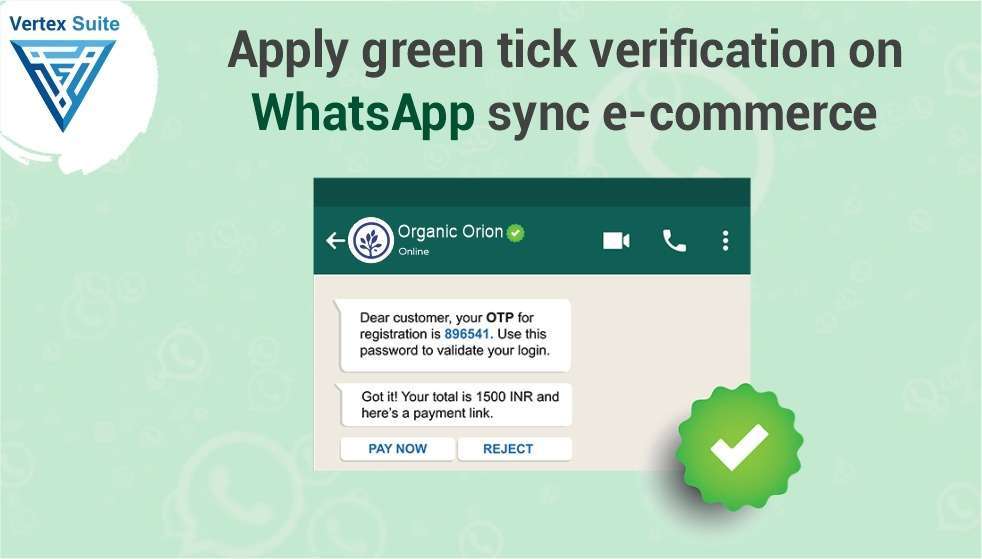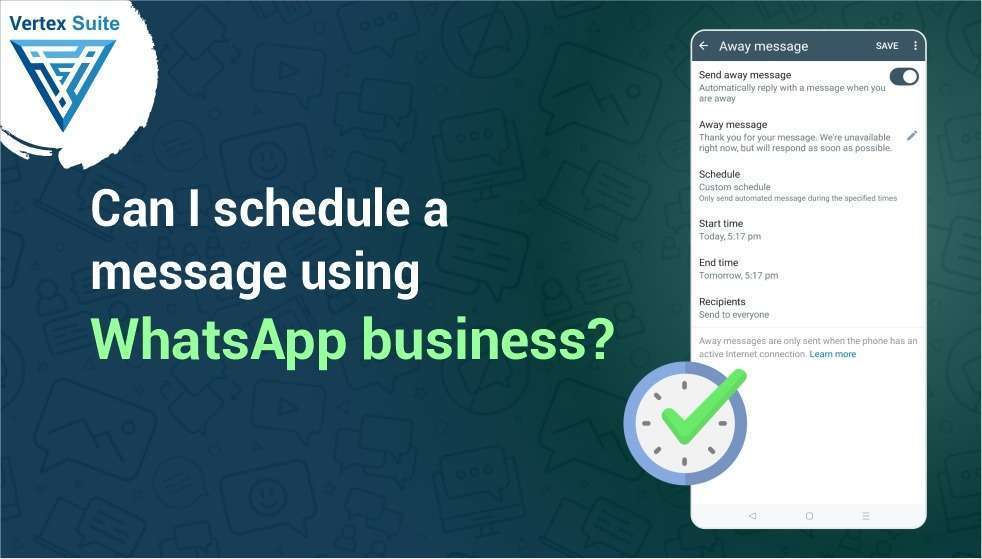In today's fast-paced digital landscape, effective communication stands as the cornerstone of successful business endeavors. Amidst the deluge of emails and social media notifications, SMS marketing emerges as a potent tool for direct engagement with target audiences. With staggering open rates exceeding 90% and response rates significantly surpassing those of email marketing, SMS presents an unparalleled opportunity for businesses to capture attention and drive action. Notably, SMS messages are typically read within minutes of receipt, making them ideal for time-sensitive promotions and announcements.
From retail discounts and flash sales to appointment reminders and customer support, SMS marketing can be tailored to various business objectives. By segmenting audiences, crafting compelling messages, and employing strategic timing, businesses can deliver targeted content that resonates with recipients. However, successful SMS marketing necessitates adherence to user consent, privacy regulations, and the delivery of value to recipients. Building trust and fostering relationships are central tenets of effective SMS campaigns.
In this series, we'll explore SMS marketing best practices, supported by real-world statistics and actionable insights. Join us as we uncover the secrets of SMS marketing, empowering businesses to forge meaningful connections with customers and drive tangible results.
Here's a detailed step-by-step guide that will help you create engaging SMS campaigns that drive engagement and results:
1. Create compelling content:
The key to success is creating long but impactful SMS messages. Start by clarifying the goal of your message, whether it's to boost sales, announce a new product, or drive more visitors to your website. Then, use compelling and simple language to get your message across in 160 characters or less. Focus on articulating the key benefits or value of your offer to attract recipients.
2. Timing is critical:
Timing is very important in the success of your SMS campaigns. Consider the habits and preferences of your target audience when you determine the best time to send a message. For example, sending messages during lunch breaks or after work hours may yield better results. That's why avoid sending messages late at night or early in the morning when recipients are busy or sleeping.
3. Determine the impact:
Personalization can greatly increase the effectiveness of your SMS campaigns, as it makes recipients feel valued and understood. Create a more personalized experience by including personalization tokens, such as the recipient's name or past purchase history. Additionally, segment your audience into different segments based on interests, demographics or purchasing behavior to deliver targeted messages that match each segment.
4. Success Categories:
Segmenting your audience into different groups allows you to tailor your messages to their interests, preferences, or behavior. This enables you to deliver a more clear and important message that is likely to resonate with each segment. Consider targeting your audience based on age, location, purchase history or engagement level to create highly personalized campaigns.
5. Encourage Interaction:
Every SMS message should include a clear call-to-action (CTA) that prompts recipients to take the desired action. Whether it's making a purchase, visiting your website, or replying with a keyword, make sure your CTA is compelling and easy to follow. Use action-oriented language and create a sense of urgency to encourage recipients to act quickly.
6. Customize on your phone:
The reason is that most of the people make SMS calls on their mobile, so your device has to be changed for mobile viewing. Your libraries and books can also promote using simple language as well as using large pictures or attachments that slow down time. Also, ensure that your message is correctly readable on mobile by clicking on the appropriate link to watch the movie.
7. Test and Learn:
Continuous testing and optimization are essential for improving the effectiveness of your SMS campaigns over time. Experiment with different message formats, CTAs, sending times, and personalization strategies to identify what works best for your audience. Analyze the results of your tests and use the insights gained to refine your approach and maximize the impact of your campaigns.
8. Compliance is not mandatory:
It is most important to follow the rules and guidelines while doing SMMS marketing. Provide clear opt-out instructions before sending marketing messages to obtain appropriate consent from recipients and allow for easy unsubscribe. Additionally, protect recipients' personal information by following privacy laws and regulations.
9. Choose a reliable platform:
It is important to choose a successful SMS marketing platform. Choose a great provider that offers cutting-edge services like message scheduling, audience segmentation, and detailed analytics. Additionally, ensure that the platform adheres to necessary regulations and protects the privacy of your data and recipients with strong security measures.
Note : By following these steps and adopting a strategic approach to SMS marketing, you can create compelling campaigns that engage your audience, drive results, and ultimately contribute to the success of your business.
Which trading platforms are currently the best for SMS services?
1. Twilo:
Twilo is a leading cloud communications platform that provides SMS services for businesses of all sizes. It offers robust APIs and tools for sending and receiving SMS messages worldwide, along with features like personalization, scheduling, and analytics.
2. Plivo:
Plivo is another cloud-based communications platform that offers SMS services with powerful APIs and wide global coverage. It provides two-way messaging, message queuing, and delivery reports to meet various business communication needs.
3. Nexmo (currently Vonage):
Nexmo, now part of Vonage, provides SMS services with scalable infrastructure and easy APIs. It offers features like Unicode support, message templates, and message composition, which caters to businesses with different messaging needs.
4. MessageBird:
MessageBird is a communication platform that offers SMS (along with other channels like voice, chat, and email). It offers comprehensive messaging solutions with features like real-time delivery status updates, fallback options, and automatic message routing.
5. Clicksend:
Clicksend is a multifunctional communication platform, with SMS features including email, voice and fax. It is suitable for organizations looking for a multi-channel communication solution as it offers integration with popular platforms, APIs, and web interfaces.
6. Global SMS:
SMSGlobal is a worldwide messaging provider that offers specialized SMS services to businesses. It offers features like two-factor authentication, bulk messaging, and personalized messaging, allowing it to cater to businesses across different sectors.
7. Digital SMS:
BlackBerry SMS is a messaging platform that is the leader in SMS services for businesses and institutions. It comes with features like SMS marketing campaigns, contact management and message scheduling, making it suitable for businesses looking to reach a large audience.
Note : When choosing a trading platform for SMS services, consider factors such as reliability, scalability, pricing, features, and customer support to find the best fit for your business needs.
What should be known before hiring an SMS service provider?
Before choosing an SMS service provider, there are several things to consider:
1. Description of Features and Capabilities:
Analyze the features and capabilities of the SMS service provider. This includes scheduling, reporting and analytics features, options for message personalization, and integration capabilities with other systems or platforms.
2. Transmission and reliability:
Look at the provider's track record in delivering messages quickly and reliably. Look for providers that offer high delivery rates and have additional systems in place to deliver messages even during busy times.
3. Compliance and Control:
Comply with TCPA (Telephone Consumer Protection Act) for US customers or GDPR (General Data Protection Regulation) for European customers. Follow best practices for obtaining consent from recipients and provide opt-out mechanisms for recipients who wish to unsubscribe.
4. Diversity:
Consider the breadth of the SMMS service provider's platforms. You choose a provider that can meet your current and future goals. Scalability is especially important for businesses where there are seasonal peaks in activity or fluctuations in message volume.
6. Security arrangements:
What has been done by the SMS service provider to protect the confidentiality of sensitive information and messages? Look for providers that follow encryption protocols, secure data centers, and business security regulations.
7. Customer Support:
Set the level of customer support provided by the SMS service provider. Choose a provider that is available 24/7 for urgent issues, as well as offering unbiased and informative support. Also think about whether support is available through multiple channels, such as phone, email or live chat.
8. Pricing System:
Review the pricing system offered by the SMS service provider to ensure that it suits your budget and usage requirements. Look for providers that offer transparent pricing, with no extra fees or hidden costs. Consider whether the provider offers volume discounts or flexible pricing plans for large message volumes.
9. Customer Experience:
View the user experience of the SMS service provider's platform. Choose this provider that offers a customer-friendly interface, intuitive navigation, and easy-to-use features. A properly designed platform can help create, send, and manage SMS campaigns.
Note: If you consider these things before choosing an SMS service provider, you can ensure that the provider meets your business needs and provides effective, reliable, and compliant SMS messaging solutions.


